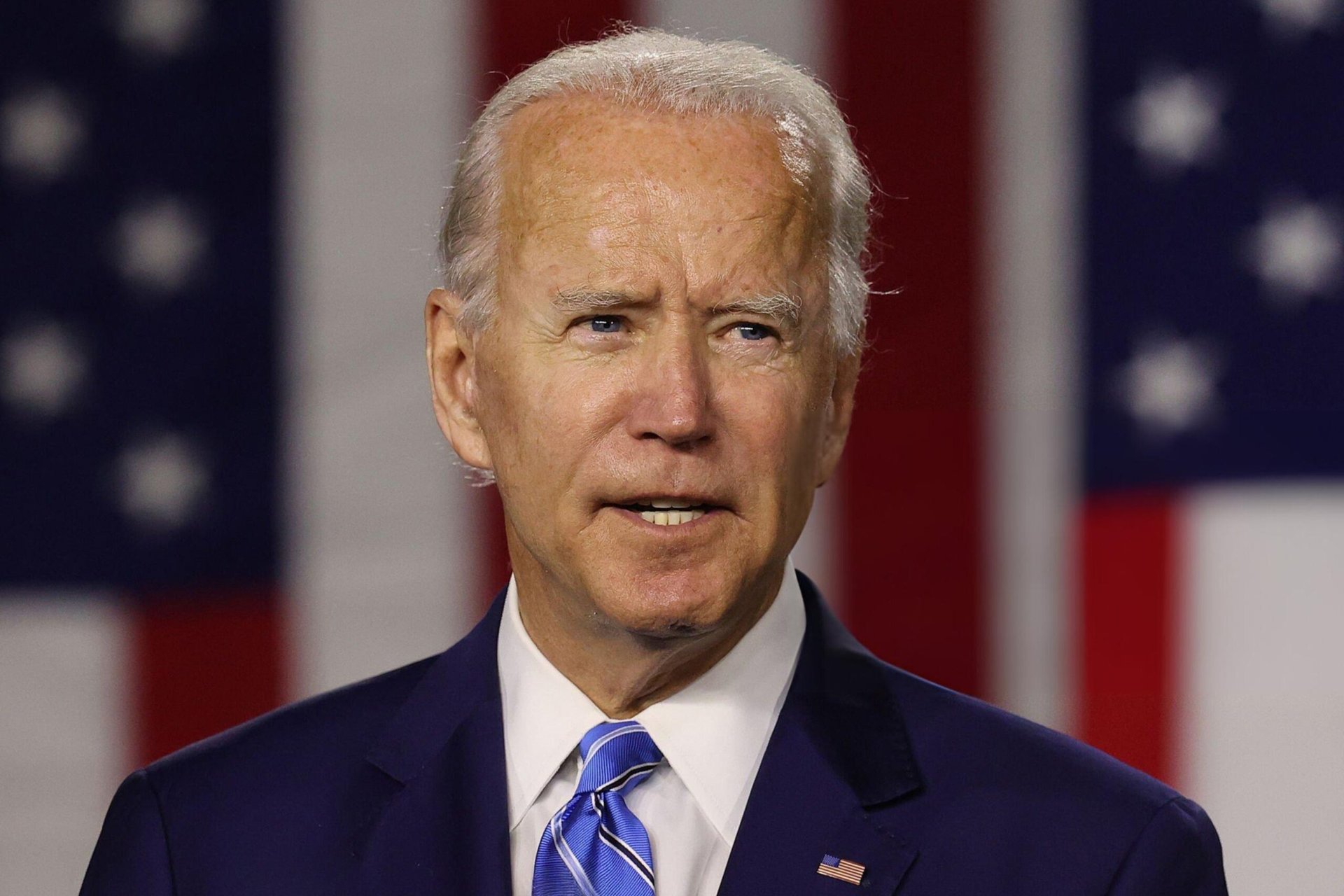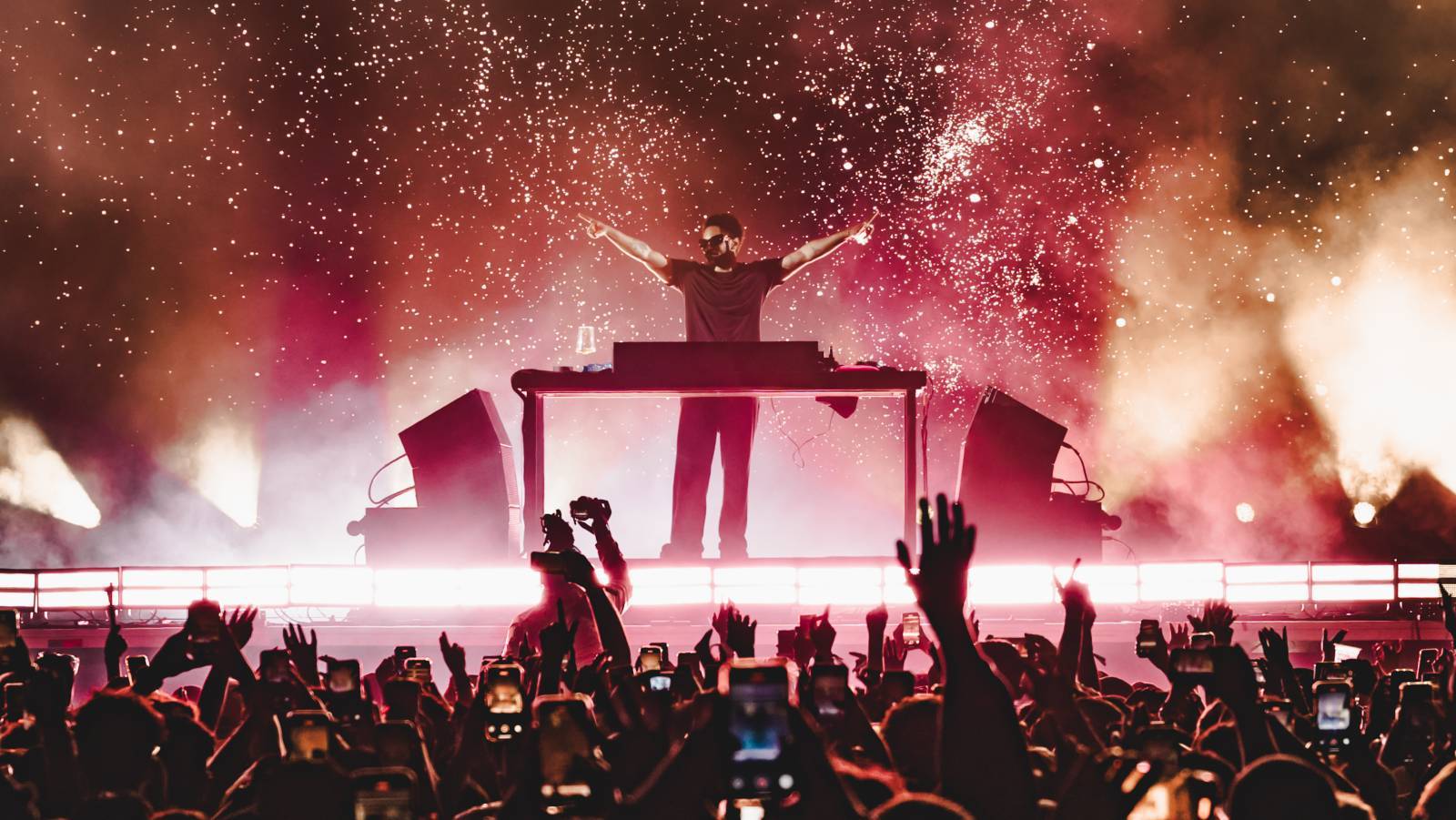THE LEADER’S SON
This presents a problem for the Islamic Republic, which took power by overthrowing a hereditary monarchy in 1979.
Elevating the son of the current Supreme Leader would not be a good look for the regime, raising further questions about its legitimacy. In fact, several top clerics have gone on record to say that the Supreme Leader himself has expressed opposition to his son’s candidacy for the role.
An added question is whether 54-year-old Mojtaba, the Ayatollah’s second-eldest son, is even qualified for the job, considering he is of relatively low rank in the Shiite clerical hierarchy.
Little is known about Mojtaba, beyond the fact that he was a veteran of the Iran-Iraq War of 1980-1988. Despite flying under the radar, he reportedly has built strong ties within the Islamic Revolutionary Guard Corps, giving him an influential power base in any push for the top job.
But the alternative is not much better: A power struggle between various factions who will jockey to get their man in office, the net effect of which would be the installation of a leader via a process that excludes the Iranian people, again.
Over the short term, then, there is unlikely to be much change when it comes to Iran’s foreign policy, which is directed by the Supreme Leader, and is thus expected to stay the course.
While the fears of a wider regional war remain, Iran – and its adversaries in the United States and Israel – are chary of a bigger conflict. What will be of most impact in the coming months will be what happens within the Islamic Republic itself.
Carl Skadian, a former journalist and editor for 30 years, is Senior Associate Director at the Middle East Institute, NUS.





















Discussion about this post